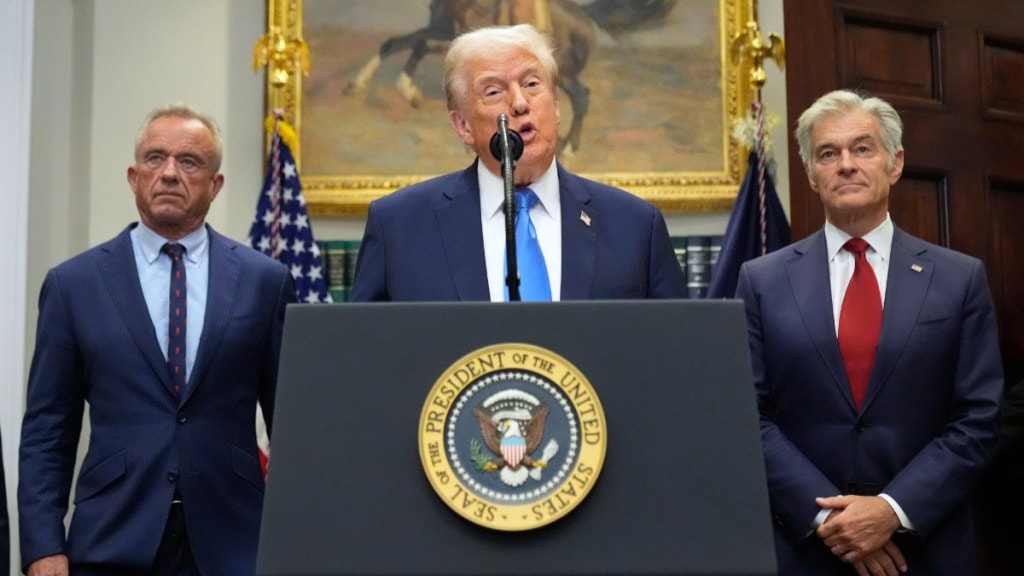Trump administration is urging the Supreme Court to uphold its controversial birthright citizenship order, which asserts that children born in the US to parents who are in the country illegally or on temporary visas should not be granted American citizenship.
This appeal, shared with AP on Saturday, begins a legal process that could lead to a final decision by the Supreme Court in the summer. Court will decide whether these new citizenship rules are constitutional.
So far, lower courts have stopped the birthright citizenship order from being enforced. Trump administration is not asking the Supreme Court to allow the restrictions to take effect until after a ruling is made.
What are the next steps?
The Justice Department’s petition has been sent to the lawyers challenging the order but has not yet been officially listed with the Supreme Court. The Court’s decision on whether to hear the case may take several months, and arguments likely won’t happen until late winter or early spring.
Solicitor General D. John Sauer argued that the lower court decisions blocking the order hurt President Trump’s goals of improving border security. He said these decisions give citizenship to hundreds of thousands of people who are not qualified to have it.
Cody Wofsy, a lawyer for the American Civil Liberties Union, said the order is clearly unconstitutional. He argued that no legal action could ever justify stripping citizenship from children born in the US calling the order “cruel and senseless.”
Trump’s executive order and the 14th amendment
Trump signed the executive order during his second term, aiming to change over 125 years of understanding that the 14th Amendment grants US citizenship to anyone born on American soil.
The only exceptions are children of foreign diplomats or foreign military forces. In several cases, lower courts have ruled against the executive order, saying it likely violates the 14th Amendment. This amendment was originally created to ensure Black Americans, including former slaves, had citizenship.
In June, the Supreme Court limited the use of nationwide injunctions but did not decide whether the citizenship order was constitutional. All the lower courts that have reviewed the order have concluded that it violates the 14th Amendment.
Trump administration is appealing two cases. 9th Circuit Court of Appeals in San Francisco ruled in July that a group of states suing over the order needed a nationwide injunction to avoid confusion.
In the same month, a federal judge in New Hampshire blocked the order in a class-action lawsuit.
What is birthright citizenship?
Birthright citizenship means that any child born in the US automatically becomes a US citizen, including children born to mothers who are in the country illegally. This right is part of the 14th Amendment, which was established after the Civil War to grant citizenship to former slaves.
